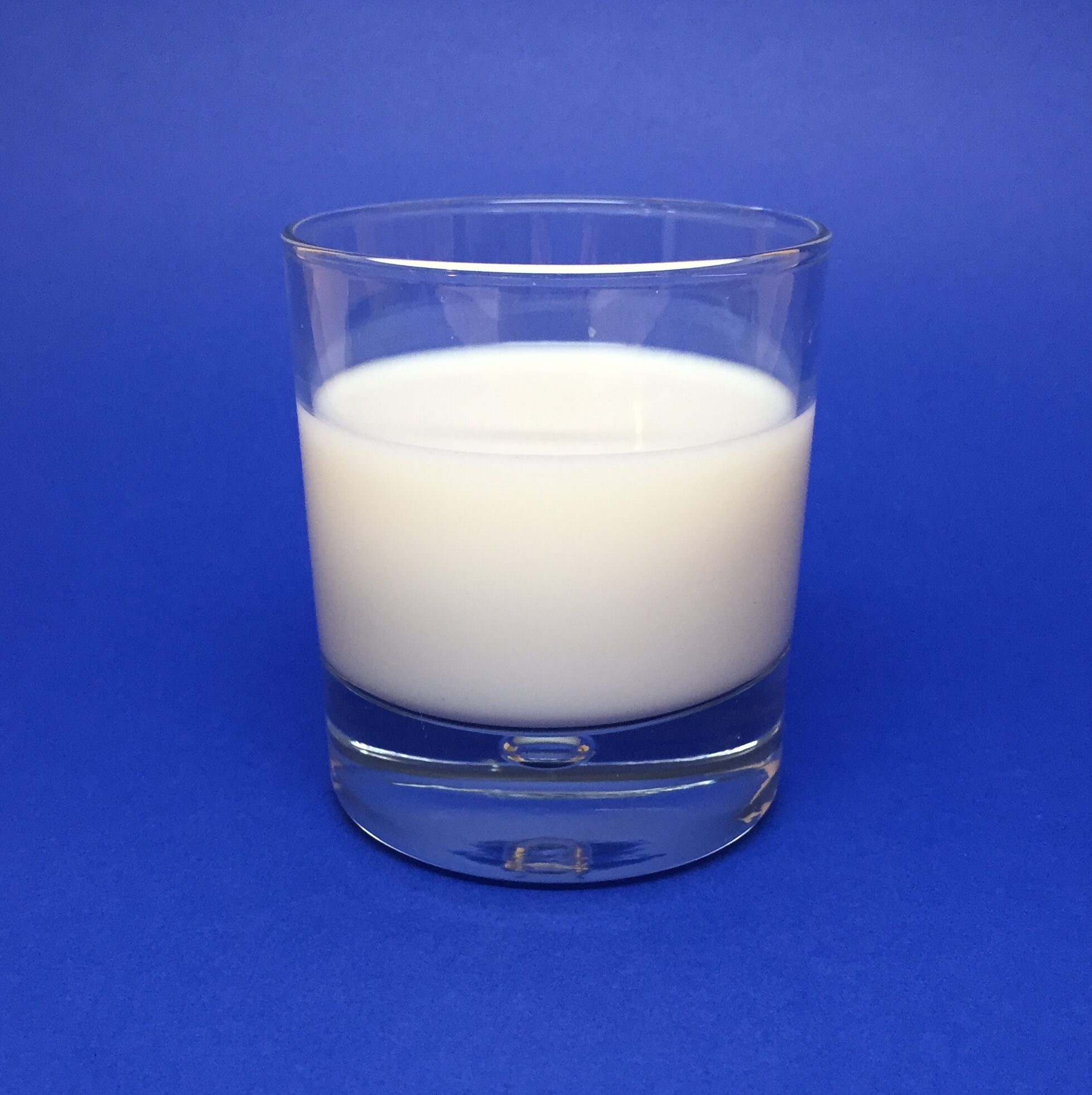Chronic inflammation is often linked to a myriad of health issues and one of the keys to good health is to lower your inflammation levels.
Many have said that dairy is a big culprit in the inflammation stakes, is this true or is it just a myth? According to gastroentologist at Providence Saint John’s Health Center in Santa Monica, California, Rudolph Bedford there is no proof that dairy cause inflammation from a scientific standpoint. In fact some dairy products such as milk, cheese and yoghurt may in fact lower inflammation.
However there is something called AGE in dairy products which stands for advance glycation end products. These happen when proteins or fats combine with sugar in the bloodstream. And because everyone has sugar in their bloodstream all the time, AGEs can happen when we eat anything with fat or protein in it.
Scott Keatley who is an MD and owner of Keatley Medical Nutrition Therapy says that milk that is straight from the cow has AGEs but the levels are much lower than grilled vegetables for examples. Products like condensed and evaporated milk and hard aged cheeses have much more AGEs than other products.
Fermented products like yoghurt and kefir have compounds which decrease these AGEs.
The biggest danger of inflammation is actually fat and weight gain. Obesity is inflammatory and calories from dairy can increase inflammation so it’s important to be mindful of how much of a particular food group you eat.
Allergies
Some people also have lactose or dairy allergies and symptoms of these can include hives, stomach discomfort, throwing up, blood in feces and anaphylactic shock.
Dairy intolerance usually flares up as you get old as you may have too little of the enzyme called lactase which makes it difficult to digest sugar in milk.
Intolerance can include bloating, abdominal discomfort, gas an diarrhea soon after eating or drinking dairy.
Alternatives
If you want to avoid dairy be mindful of the nutrients you need to replace as dairy provides a lot of calcium and vitamin D. Keatley says these should be replaced with fortified plant-based milks, leafy greens or fish. Also don’t forget to monitor B12 which is usually low in vegans and vegetarians.
His advice is also to up your protein intake if you’re planning to stop dairy. But most importantly if you don’t have any of the above symptoms you don’t need to stop dairy products at all as there is a very low risk of developing inflammation from it.
Read More News
Everyday habits that age you faster
The photo above is from Wikipedia






